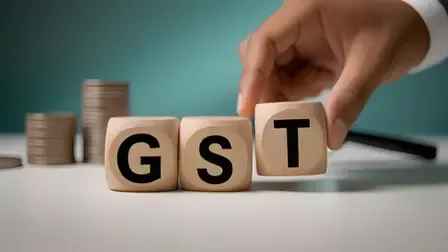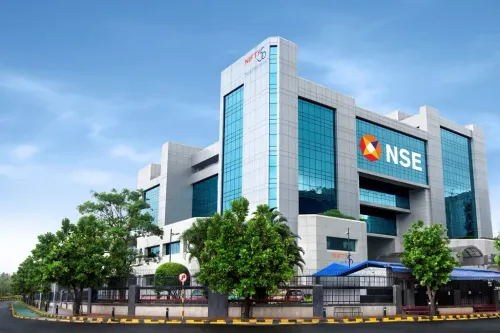What Changes Does GST 2.0 Bring? 370 Items Cheaper!

Synopsis
Key Takeaways
- 370 items have seen tax reductions or exemptions.
- Essential drugs for serious conditions are now GST-free.
- Stationery items for schools are now tax-free.
- GST on kitchen appliances has been lowered to 18%.
- Luxury goods face a 40% tax rate increase.
New Delhi, Sep 22 (NationPress) The newly introduced Goods and Services Tax system, referred to as the next-gen GST or "GST Bachat Utsav", came into effect on Monday, leading to a reduction in taxes on approximately 370 items, including essential goods and crucial medications.
Union Finance Minister Nirmala Sitharaman revealed that this transformation aims to boost the economy by about Rs 2 lakh crore by enhancing consumers' disposable income.
More than 50 products, such as UHT milk, khakhras, pre-packaged paneer, and various breads like chapatis and parathas, now fall under a zero-tax category thanks to the new framework.
Thirty-three vital drugs and therapies for ailments like cancer and rare diseases are now free from GST, while the tax rate on many other medicines has been slashed from 12 per cent to zero. Medical devices, including diagnostic kits and glucometers, will now be taxed at only 5 per cent.
The tax on stationery items for educational and office purposes, such as erasers, pencils, notebooks, and maps, has been eliminated. Prices for several daily consumer products have decreased, including butter, biscuits, condensed milk, namkeen, jams, ketchup, juices, dry fruits, ghee, ice cream, and sausages.
Dry fruits and nuts, such as almonds, cashews, pistachios, and dates, will now be taxed at 5 per cent instead of 12 per cent.
The tax on cement used for housing has been reduced to 18 per cent from 28 per cent. Services like haircuts, salon treatments, yoga classes, gyms, and health clubs will also benefit from lower rates.
Additionally, the zero-GST category has been expanded to include toiletries such as soaps, shampoos, hair oil, face creams, and shaving cream.
The GST on kitchen appliances and electronics, including air conditioners, televisions, washing machines, and dishwashers, has been lowered to 18 per cent from 28 per cent.
The government has integrated cess into the GST base and introduced a 40 per cent levy on luxury and sin goods to recover revenue losses.
Tobacco products such as cigarettes, bidis, pan masala, gutka, and others are now subjected to the highest tax rates, alongside carbonated drinks like Coca-Cola, Pepsi, and Fanta.
Large SUVs and multipurpose vehicles exceeding 1,200 cc (petrol) or 1,500 cc (diesel) and measuring over 4 metres will now be taxed at 40 per cent, up from the previous rates of 28 per cent plus 22 per cent cess.









